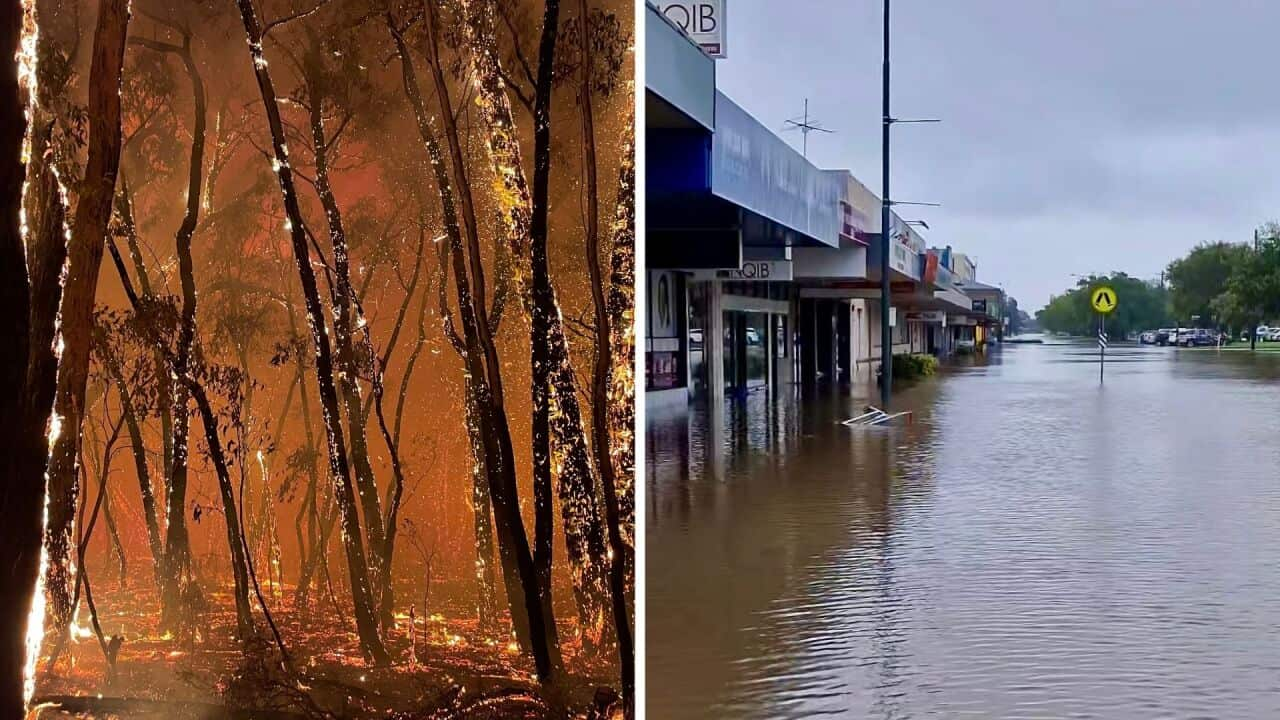Dementia is a general term for a collection of symptoms caused by disorders or diseases that affect the brain.
Common symptoms are progression and frequent memory loss, confusion, personality change, apathy, withdrawal and the loss of ability to perform everyday tasks.
Vincent Poisson Program Manager at Rural Services of Alzheimer's Australia says short term memory loss is often a first sign. And he says short term memory loss also impacts on the patient’s day-to-day living.
“We are not talking about someone who just forgets their keys, it’s really someone who constantly is forgetting where things are constantly is forgetting what is the name of the person, so therefore its really affecting their life of daily basis.”
Kasia Bergner works as a Community Carer for Focus Care Solutions, which provides services to welfare organisations such as Jewish Care, Benevolent, Anglicare and Catholicare.
She says some patients lose the ability to carry out simple daily tasks. Alzheimer’s Australia says it’s critical to visit a doctor to get a diagnosis early.
Alzheimer’s Australia says it’s critical to visit a doctor to get a diagnosis early.

Anxiety among the middle-aged could be linked with dementia later in life, researchers say. (AAP) Source: AAP
Yet their research reveals people from diverse communities are diagnosed later than the rest of the population.
Some patients from diverse backgrounds may be unwilling to discuss the illness in fear that they will be labelled as ‘crazy’.
Carers working in African, Chinese and Latino American communities found people thought an elderly relative’s memory loss was due to normal ageing.
When a patient needs intensive care, migrant families are often faced with the difficult decision of finding residential care.
Alzheimer’s Australia’s 2008 report says the perception that most patients from diverse backgrounds are cared for by family members isn’t true.
Family counsellor Vincent Poisson says he’s seen migrant families pressured to act as carers. And he says language is another barrier for those living with dementia.
“Very often especially if someone has a form of dementia like Alzheimer’s disease, which tends to affect the language part of the brain, people will have more and more difficulty speaking a second language and will tend to revert back to their native tongue.”
Alzheimer’s Australia 2008 report found that patients prefer to be informed about their illness in their native language.Written information in English is often too complex.
Dementia researcher at UTS Professor of Palliative Medicine Meera Agar says many factors go into a care plan.
“What we found was that if you haven’t received the proper diagnosis of dementia or that was delayed, you miss out on the opportunity to plan in a timely fashion, that there was lots of gaps between care settings, and communication about people’s wishes regarding the future care were often lost when people went from home to hospital or from home to residential care.”
Professor Agar’s research led to the development of the national guidelines for dementia services.
Recommendations include that bilingual staff or professional interpreters are provided especially during care assessment.
She says health professionals should ask about the wishes of the patient, not the patient’s family or carers.
Alzheimer’s Australia provides dementia information in 43 languages on their website
Counselling support services is available on the National Dementia Helpline by calling 1800 100 500.
If you need an interpreter you can contact the National Dementia Helpline through the Telephone Interpreting Service on 131 450.




